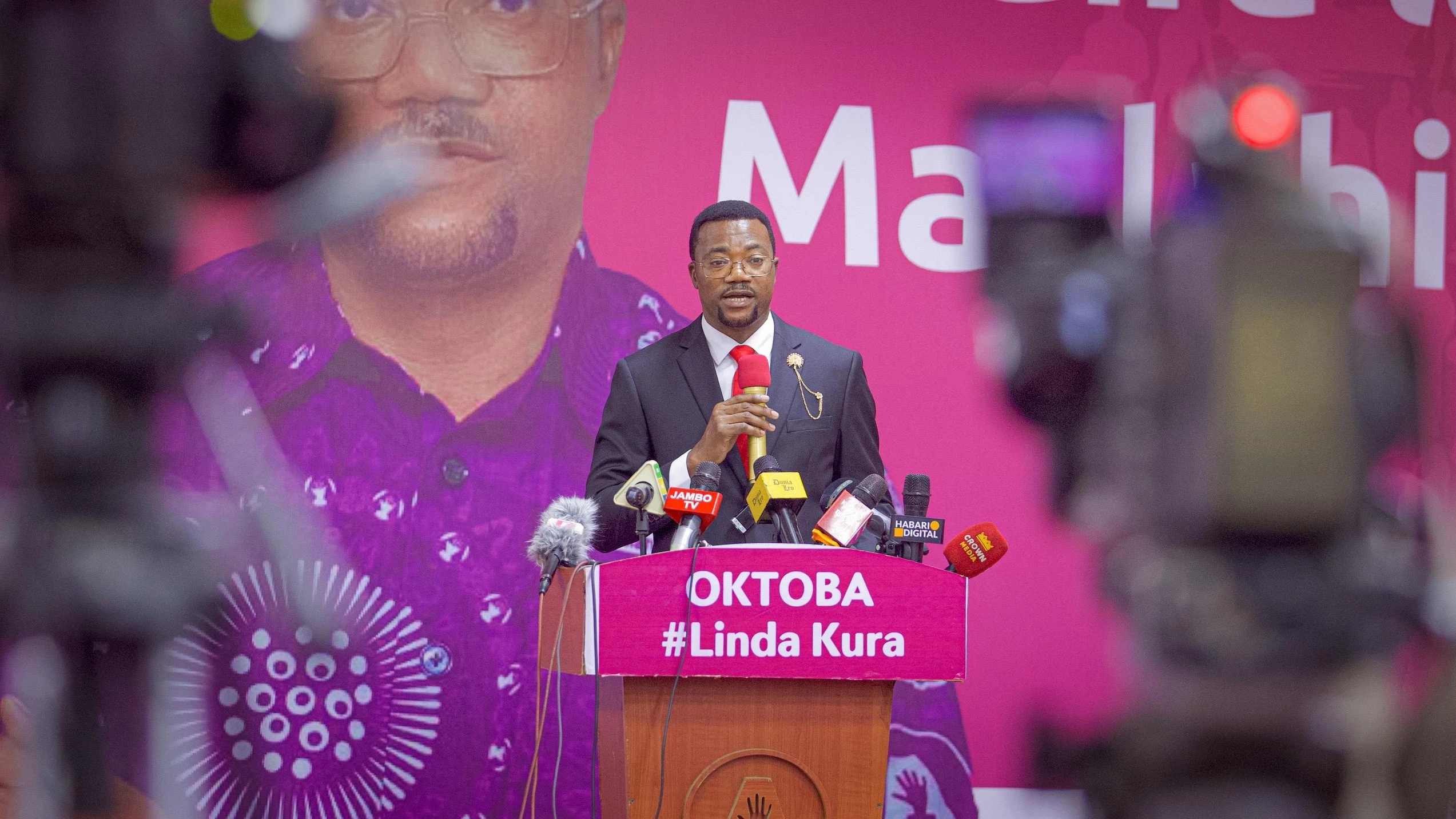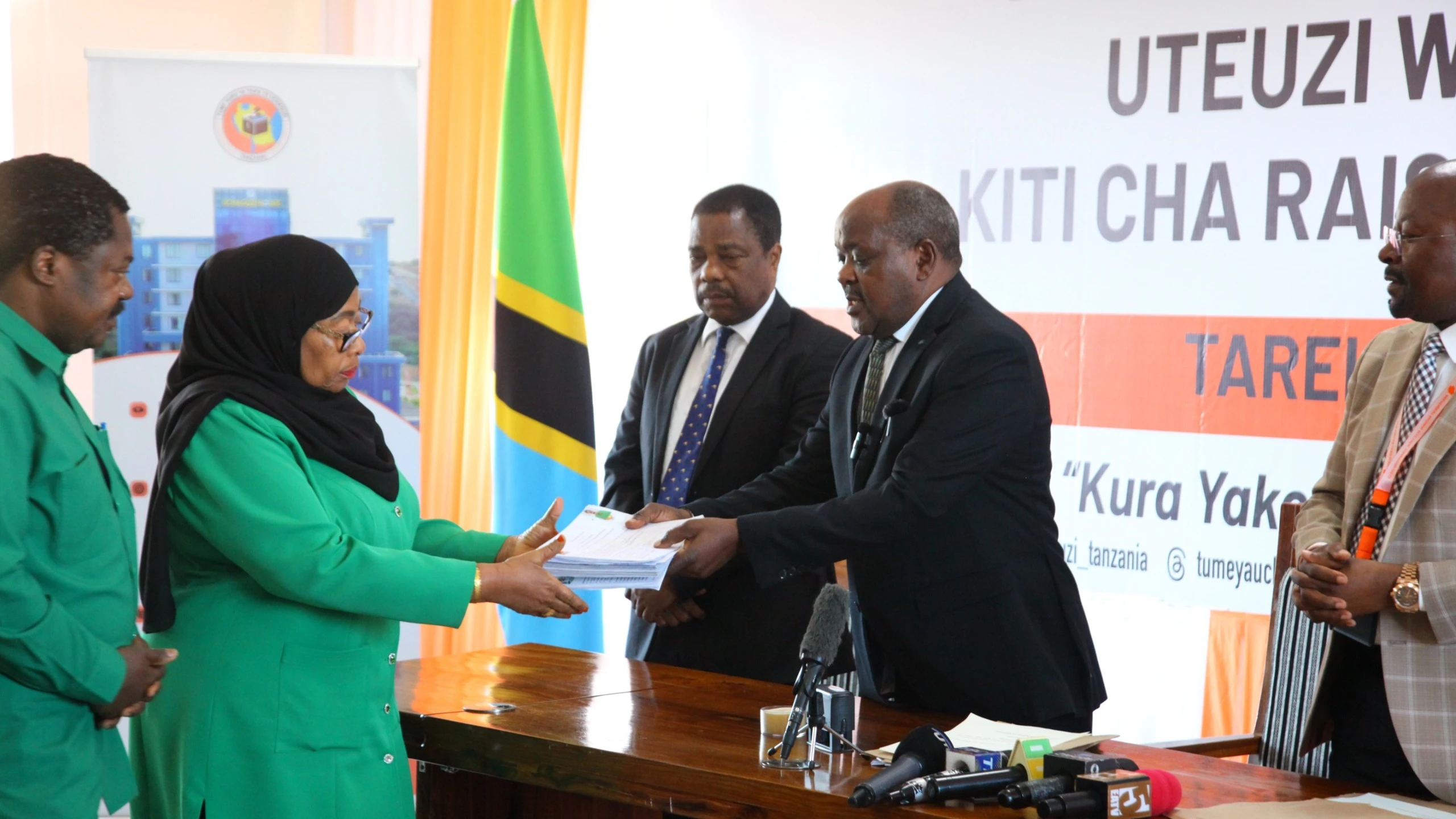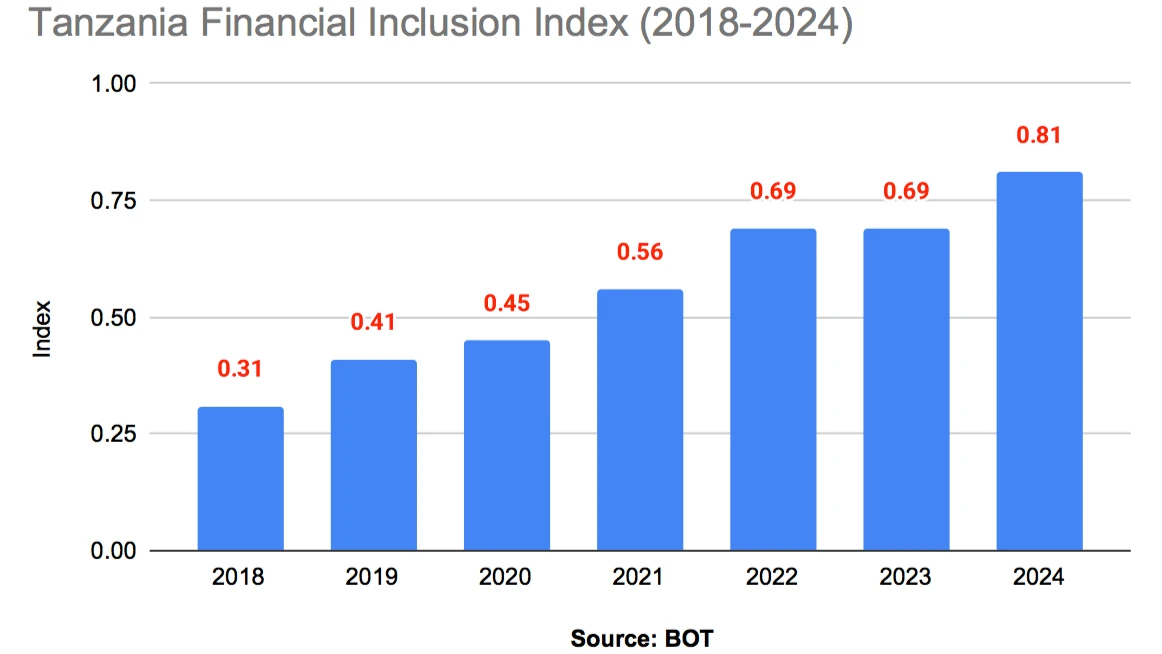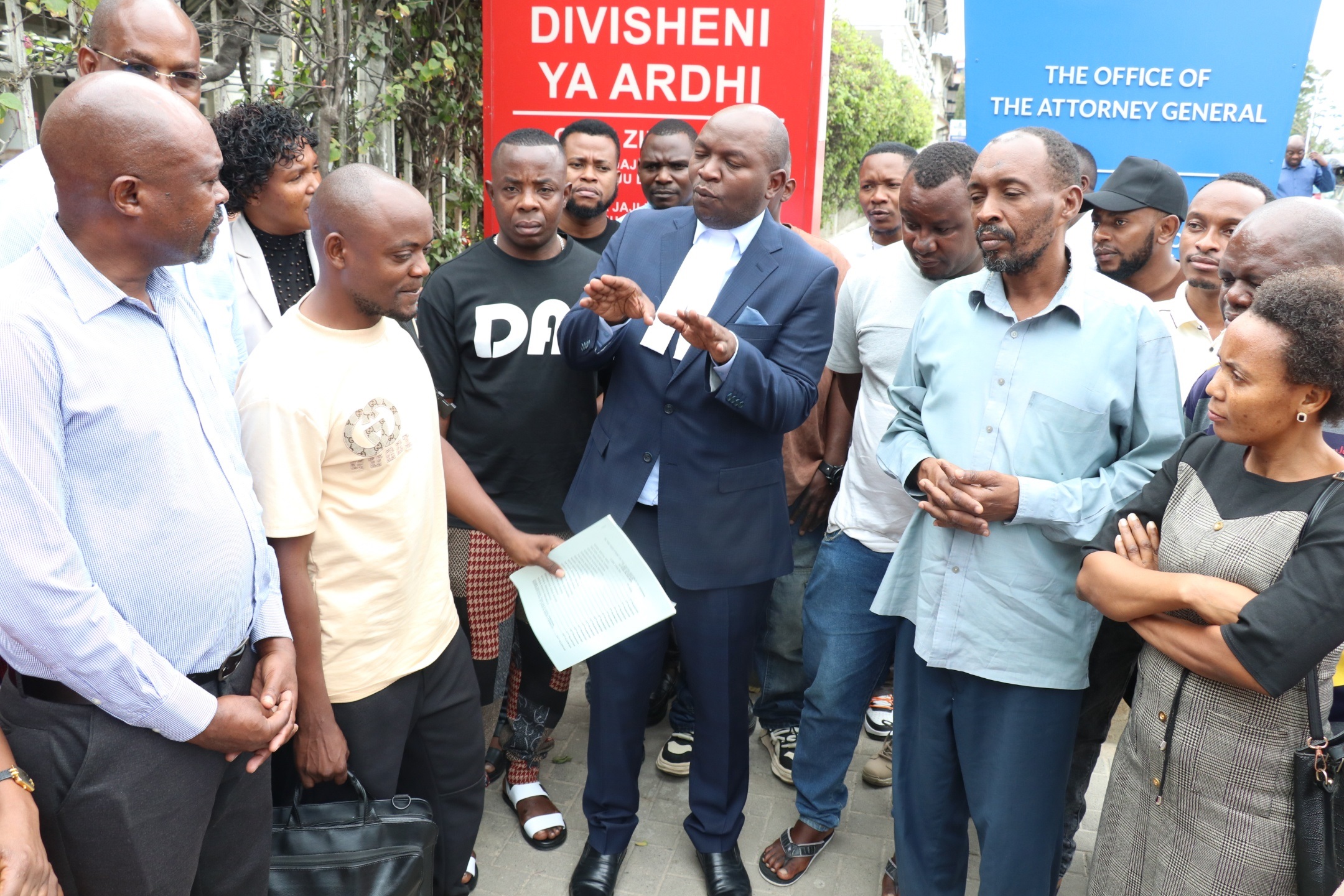‘Gender equality pressure, alcohol touch off violence’

WIDOWS in Kibaha municipality have raised concerns over apparent root causes of violence in their communities, citing shifting gender roles clashing with traditional social norms and the rising trend of excessive alcohol consumption among women.
They expressed this view during a legal education forum organized by the Woman’s Voice initiative under the auspices of the Kibaha Paralegal Centre (KPC), seeing these trends as major contributors to physical violence and psychological harm.
The initiative is intended to empower vulnerable groups—particularly widows and people with disabilities—by equipping them with legal knowledge and access to justice, officials said.
Several participants shared personal insights during the session, with Prinsila Mwakaseke, a widow, expressing the view that conflicts often arise when women pursue equality in ways that clash with societal expectations.
“A woman wants to do what a man does, and she forgets the important duties she is supposed to do in the family,” she stated, pointing to tensions caused by evolving gender dynamics.
Judith Damiani, another participant, linked the rise in excessive drinking among women to underlying emotional distress, which can escalate into abusive behaviour.
“There’s no reason for women to engage in excessive drinking. It’s often a sign of inner struggles that can lead to harm within families,” she asserted, while Catherine Mlenga, the KPC director, focused on how those situations need to be solved.
He explained that the training prioritizes widows and people with disabilities, as they are disproportionately affected by violence and often lack the means or confidence to seek legal redress.
“Many widows are stripped of their children and property after their husbands’ deaths. They fear approaching legal authorities due to perceived costs or social stigma,” she stated, noting that people with disabilities face harassment and are often unaware of where or how to report these incidents.
KPC coordinator Dismas Chihwalo stressed the project’s ultimate goal of community-led transformation, noting that the centre is empowering the community to identify and address violence-related issues independently.
“This initiative is not just about legal support—it’s about changing attitudes and behaviour at the grassroots level,” he said, with other officials asserting that the initiative is already yielding tangible results.
Clara Mwingira, the Tumbi Ward community development officer, reported a significant drop in cases of violence. Previously, domestic violence made up 50 percent of all cases reported in the area over a six-month period, but by 2025 that number had dropped to just 10percent.
Rosemary Shirima, a program beneficiary, shared her story of recovery and resilience, narrating that she used to suffer frequent physical abuse from neighbours and didn’t know where to turn. “Thanks to KPC, I’ve regained my peace and dignity,” she said, expressing gratitude for the support enabling her to escape the cycle of violence.
At the Woman’s Voice initiative, organizers hope to reach more women and marginalized groups, encouraging them to break the silence around domestic violence and stand up for their rights in the face of entrenched social challenges.
Top Headlines
© 2025 IPPMEDIA.COM. ALL RIGHTS RESERVED






















